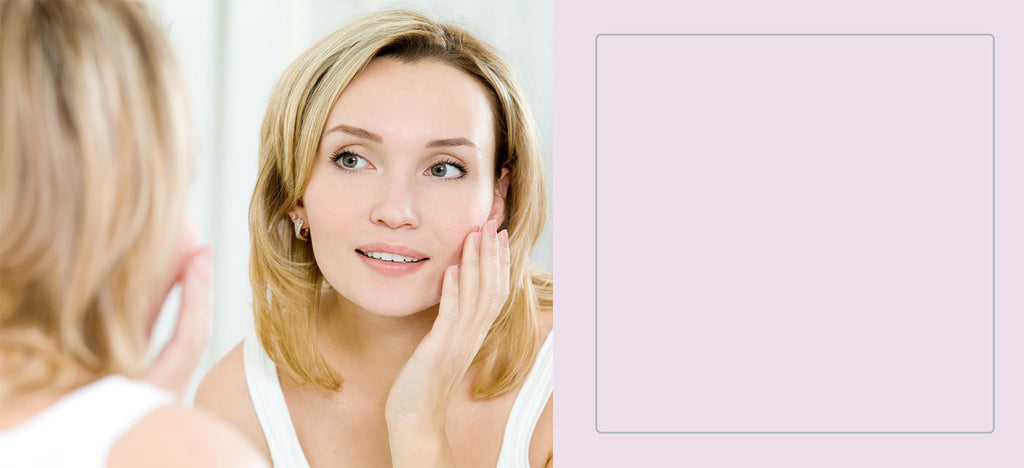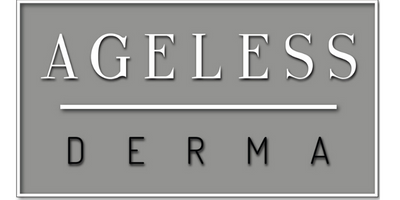
As previously discussed on our skincare blog, it really pays for you to know the facts before spending your hard-earned dollars on expensive skincare products.
As time marches on and those fine lines, wrinkles and saggy skin starts to show up, consumers reach out for help from the skincare/cosmetics industry. According to market research conducted by Global Industry Analysts, revenue generated in the anti-aging/skincare industry between 2011-2015 rose from $80 billion to over $114 billion.
Fact: Consumers Demand Premium Products
The skincare/cosmetics industry charge premium prices for their products for one reason. Because they can.
If skincare products, especially anti-aging varieties, have a proven track record of producing results, the manufacturers are justified in charging premium prices.
The reason? If expensive skincare products can give results, consumers are willing pay a premium price and demand more of them.
Surprisingly, the biggest spenders in the beauty/skincare/cosmetics industry are both Millennials (under the age of 30) and Gen Xers (ages 30-59).
Millennials spend money on products that are trend-setting and eco-friendly.
With an incredible 68% of Gen Xers using skincare products on a daily basis, the demand for premium skincare products just keeps escalating.
The cosmetics industry, estimated to be worth approximately $50 billion in the United States alone, justifies high prices for premium products by suggesting that the more expensive the products, the more dramatic the end result.
"No anti-wrinkle cream is worth $150 or more. In fact, any product over $55 is a waste of money." -- Perry Romanowski, Cosmetic Chemist
Much like any other skincare product, sky-high prices for cosmetics are not based on using rare or expensive ingredients. It's a marketing message that makes you wonder, "Aren't you worth it?"
By spending money on only the most expensive skincare products, it sends a message to everyone else that you deserve only the best and are willing to spend whatever the price to prove it.
It also makes consumers feel that they are more special or exclusive by using these products, and are on-board to pay the price for nearly guaranteed results.
Fact: Hidden Costs in the Skincare Industry Drive Up Prices
The mark-up percentages for skincare products or cosmetics is not public information…it's a trade secret.
The biggest cost of an expensive price tag boils down to advertising and marketing costs. This includes costs associated with naming the product, sophisticated packaging, salaries, patents and celebrity endorsements.
Fact: Expensive Ingredients are not the Problem
A lot of pricey cosmetics and skincare products contain just a bit more than "wax and water," with unpronounceable ingredient lists that simply make you believe it must really be amazing.
By using oils, petroleum-based fillers and a good-smelling fragrance, if it's a trusted brand that triggers recognition, price is not a big factor for consumers making a purchasing decision.
By using ingredients that sound like they are rare or trendy, it bumps up perceived value even more in consumers' eyes.
Fact: Hope is Expensive
The skincare industry does a very good job of selling hope in a jar.
You hope that when you pay a lot of money for a product, it will give you the results it claims it will, and you just need to use these pricey products to look youthful and fabulous.
If a product alleviates pain and offers the promise of eliminating problems consumers are experiencing with their skin, it makes sense that they would be willing to pay a high price for it.
Fact: Product Labels can be Misleading
Using scientific, health-related or exclusive words or ingredients in product descriptions shows us that once again, marketing makes the perceived value greater.
Keep in mind that higher-priced beauty products can contain chemicals that have not been tested for safety. Even worse, some of the chemicals have been linked to allergies, cancer and fertility problems.
Natural, mostly organic or vitamin-enriched products costing more money does not necessarily mean they are better or more effective.
Loose government regulations pertaining to wording on product labels leaves the door open for misunderstanding what "natural" really means.
If you are an active follower of our skincare blog, you can read up on more facts to understand why good skincare is - but doesn't have to be - expensive.
Liquid error (templates/article line 10): Could not find asset snippets/relatedblogs.liquid
